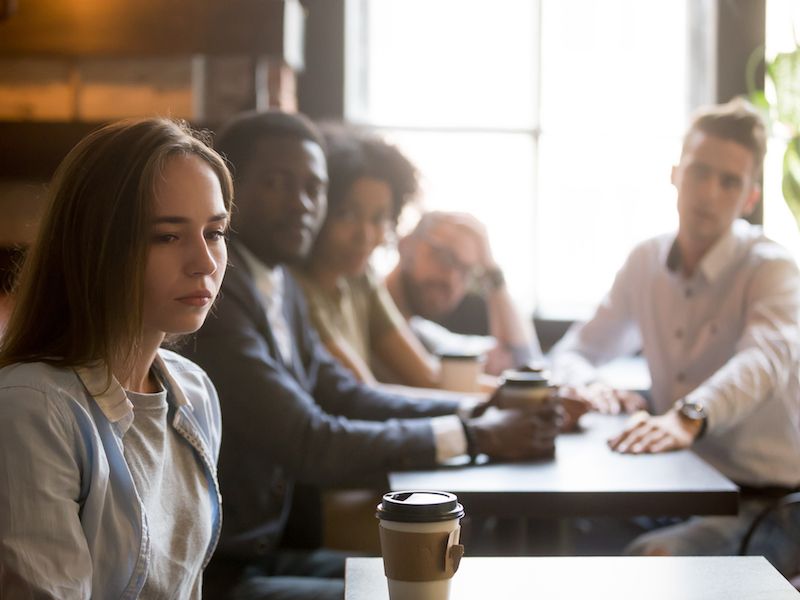
Despite common opinion, hearing loss is not just a problem for seniors. Overall hearing loss is becoming more prominent despite the fact that how old you are is still a strong factor. Hearing loss remains at about 14-16% amongst adults 20 to 69 years of age. Globally, more than 1 billion people between the ages of 12-35 are at risk of developing hearing loss, as reported by the united nations and The World Health Organization. In children between the ages of 6 and 19, about 15% already have hearing loss as reported by the CDC, and the number appears to be closer to 17% based on more recent research. Only 10 years ago hearing loss in teenagers was 30% lower according to another study. Even worse, a study conducted by Johns Hopkins projects these trends out into the future and forecasts that by 2060 around 73 million people over the age of 65 will have hearing loss. Over current numbers, that’s an astounding number.
We Are Getting Hearing Loss at a Younger Age, Why?
We often think about hearing loss as a result of aging as it would develop slowly over years unless you spent extended time periods in a loud environment. That’s why you aren’t surprised when your grandmother wears a hearing aid. But at a younger and younger age, our hearing is being effected by changes of ways of life.
Technology, and smartphones, in particular, can have a significant impact on our hearing. Whether you’re talking to friends, listening to music, or watching movies, we are doing all the things we love to do and wearing earbuds to do it all. The issue is that we have no clue what level of volume (and what duration of that volume) is harmful to our ears. Instead of taking steps to protect our ears, we even regularly use earbuds to drown out loud noise, voluntarily exposing our ears to harmful noise levels.
Slowly but surely, a whole generation of young people are damaging their hearing. That’s a big problem, one that will cost billions of dollars in terms of treatment and loss of economic productivity.
Do we Really Understand Hearing Loss?
Keeping away from very loud noises is something that even young kids are usually smart enough to do. But it isn’t widely understood what hearing loss is about. It’s not usually recognized that over longer time periods, even moderate sound levels can harm hearing.
But hearing loss is generally associated with aging so the majority of people, especially younger people, aren’t even concerned with it.
However, the WHO says irreversible ear damage may be occurring in those in this 12-35 age group.
Recommended Solutions
Due to the fact that so many people utilize smart devices regularly, it’s a particularly extensive issue. That’s why some hearing professionals have suggested answers that focus on offering mobile device users with additional information:
- Warnings when you listen too long at a high decibel level (it’s not just the volume of a sound that can result in damage it’s how long the noise lasts).
- Alerts about high volume.
- Adjustments of volume for hearing health can be made by parents by using built in parental control settings.
And that’s just the start. There are a lot of technological ways to get us to begin to pay more attention to the well being of our hearing.
Reduce The Volume
If you decrease the volume of your mobile device it will be the most significant way to minimize injury to your ears. Whether your 15, 35, or 70, that holds true.
And there is no disputing the fact that smartphones are not going away. Everyone uses them all the time, not only kids. So we have to realize that hearing loss has as much to do with technology as it does with aging.
That means the way we prevent, treat, and talk about hearing loss has to change.
You should also try downloading an app that measures decibel levels in your environment. 2 steps to protect your hearing. Ear protection is one way but also making sure you’re not doing things such as attempting to drown out noises with even louder noises. For instance, if you drive with your windows down, don’t crank up the music to hear it better, the noise from the wind and traffic might already be at damaging levels. Make an appointment with a hearing care specialist if you have any questions.
